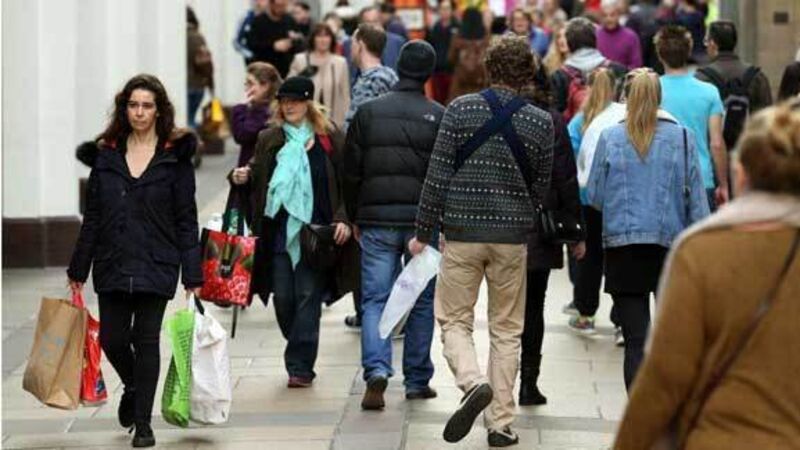Brake on UK consumer growth, Visa figures show

The survey by payment card company Visa may also undermine sterling.
Visa said real-terms spending increased 0.9% year-on-year in the three months to March, the weakest calendar-quarter performance since late 2013 and down from 2.7% in the last quarter of 2016.
















